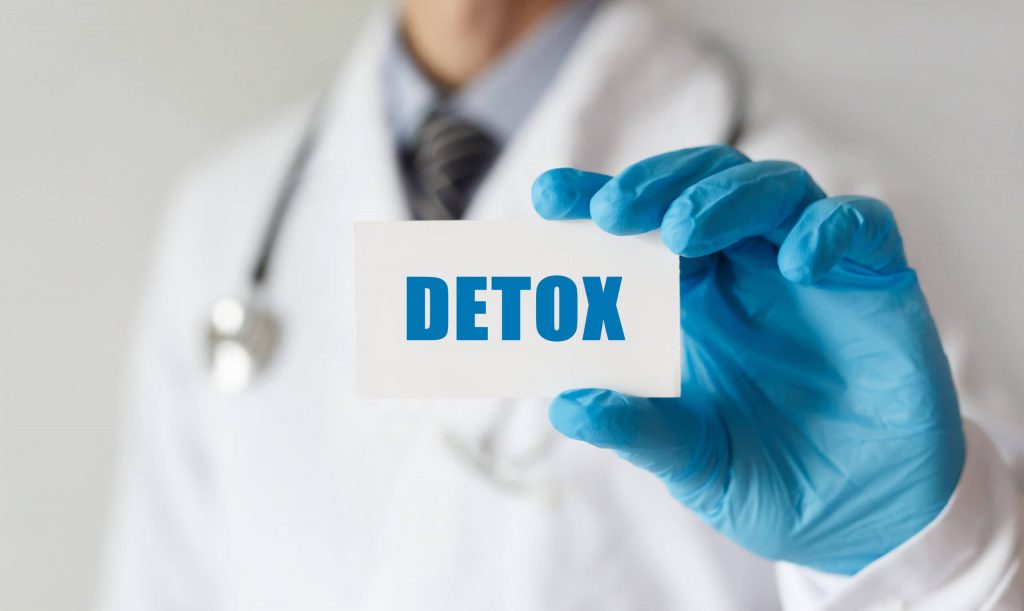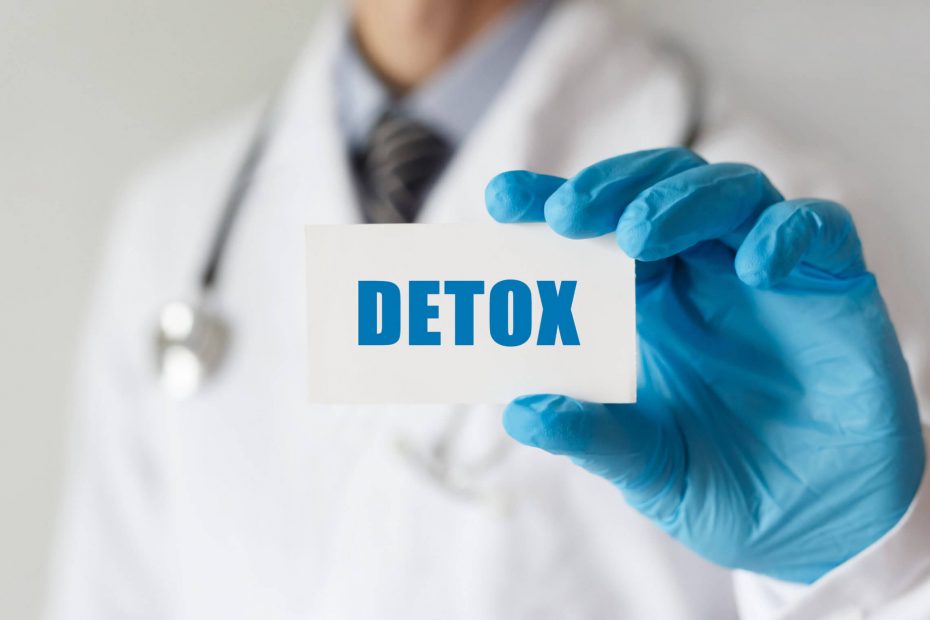
Alcohol is the most commonly abused substance in the United States and the leading cause of death worldwide for people between 15 and 59 years old. Moreover, alcohol use is socially acceptable, and one of the only substances where quitting can trigger negative social reactions.
If your alcohol habit is wreaking havoc on your health and life, and you’re ready for a change, but you need support, rehabilitation services can help. The first stage of rehab is alcohol detox, where highly trained medical staff will help you through withdrawal symptoms as you begin your sobriety journey.
What are common alcohol withdrawal symptoms?
As your body comes off alcohol, you may experience various uncomfortable symptoms depending on how long you’ve been drinking. You might be familiar with the most serious symptoms, called delirium tremens, which can cause mental confusion, severe anxiety, seizures, fever, and cardiovascular problems.
Most people that quit alcohol experience more mild symptoms like tremors, anxiety, insomnia, and nausea. These symptoms can still be distressing, and especially insomnia may lead you to pick up a drink again to try to sleep. An alcohol detox program can help you ride out these first three to ten days of discomfort and deal with any lingering symptoms after.
What does an alcohol detox program do?
In an alcohol detox program, you’ll be monitored for any severe withdrawal symptoms. In a comfortable and calm environment, you will gain support and an understanding of what to expect in the first stage of quitting alcohol. A doctor may prescribe medication to help you with cravings or treat your physical symptoms as they arise.
Quitting alcohol can also have psychological withdrawal symptoms like anxiety, nervousness, and worry. These symptoms can create a catch-22, in which you feel anxious about detox itself and aren’t sure if you can get through the symptoms. An alcohol detox program has many therapeutic exercises and counseling to help you calm your mind and stay on course to arrive at the next stage of rehabilitation.
What happens after detox?
After detox, you should start to feel better! You should plan to continue your treatment in an inpatient or outpatient setting. In the next stages of rehab, you will be evaluated for any underlying mental health concerns, any continued withdrawal symptoms, and the best therapies for you.
You should actively participate in drawing up a plan for your rehabilitation with your alcohol detox center. Your plan may include psychotherapy, art and music therapies, meditation and mindfulness exercises, and medications if needed.
How do I find a detox center?
You can find an alcohol detox center by searching online. Be sure to evaluate the center’s credentials, learn more about their programs, and inquire whether they take your insurance if you have a healthcare plan. You can also sometimes find reviews from prior patients online. If possible, plan to tour the center before you enroll to be sure the environment feels conducive to your needs.
Find an Alcohol Detox Center and Change Your Life
If you’ve been suffering from alcohol abuse disorder for some time and have tried to quit but have struggled through the first stages of withdrawal, an alcohol detox center can help you. A common misconception is that you need to expect life-threatening withdrawal symptoms to enroll.
After finding a center, you’ll speak with a qualified medical professional about your alcohol use and any withdrawal symptoms you’ve experienced in the past so that they’ll be ready to support you, and you’ll be prepared to tackle those symptoms and drastically increase your chances of moving forward toward long-term sobriety.
